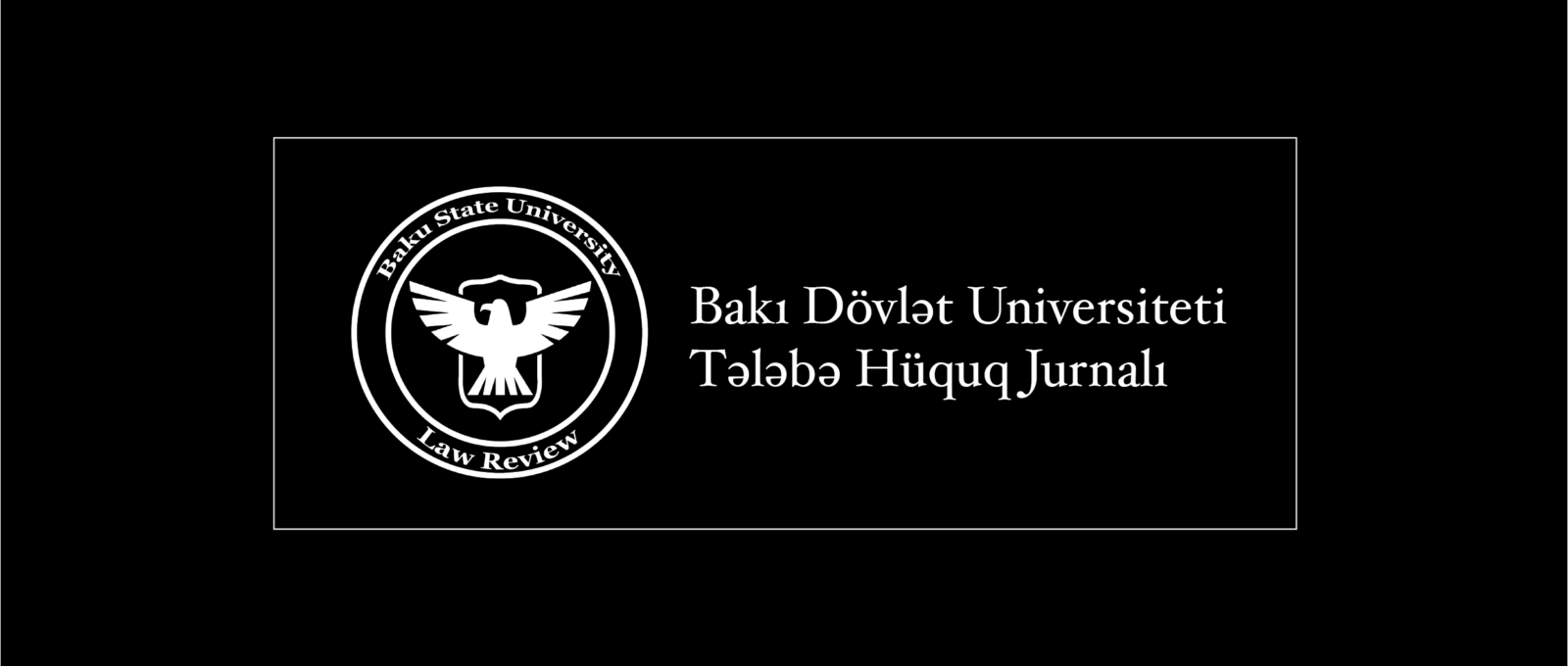Article language: English.
Abstract
In an unhindered market, firms use their resources to meet the expectations of consumers in productive ways; therefore, competition among firms is inevitable. Those firms that use new technologies and produce efficiently can make a profit. This mechanism is only workable when the right to property would be respected and applied. Although this is an undeniable right of individuals, governments seek to bypass the simple rules of the market even in the case of bankruptcy and reallocation. As a prima facie fact, bankruptcy is one of the outcomes of the market process in a free market. In the absence of the government’s apparatus, firms and creditors are free to continue their businesses or to reach an agreement to defer the timing of payment and conducting the insolvency to pay the debts. In spite of this, governments whose political benefits lead them to use interventionist methods such as securing jobs and subsidizing local businesses, enact modern bankruptcy law to protect the insolvent firms, and give them the opportunity of reconstruction. Iran whose modern bankruptcy law has been prepared is the case study of this article. This article discusses that bankruptcy is part of the normal process of the free market, and rule of law ought to guarantee freedom of parties to negotiate and compensation of the creditors in conclusion. A case study is offered to enlighten that the implementation of modern bankruptcy law would not solve the problems because the main problem is the lack of strengthened property rights.
Bu post həm də digər dildə mövcuddur:
Azərbaycanca

